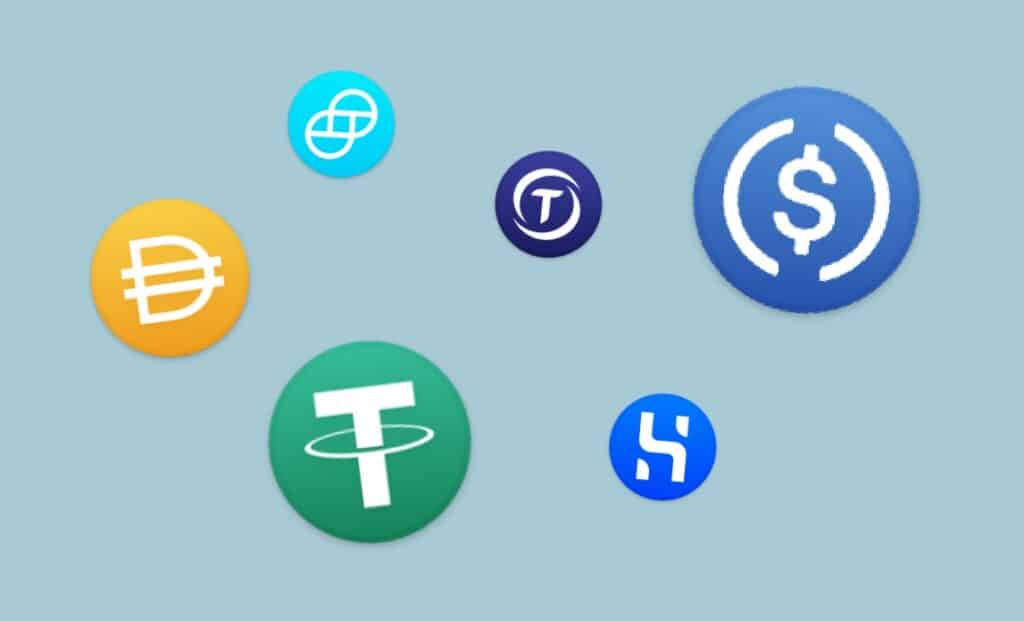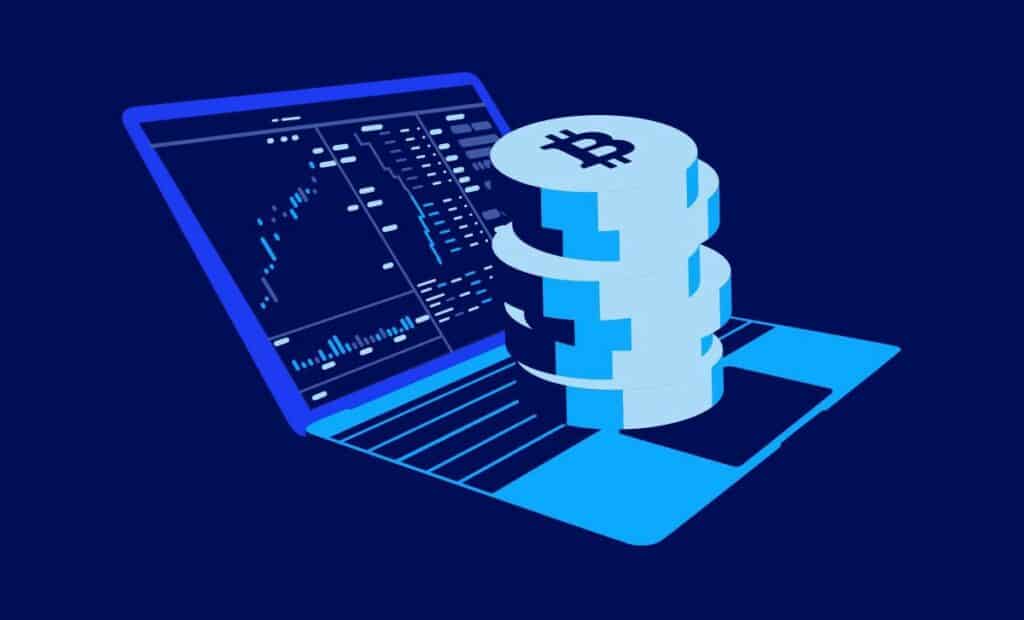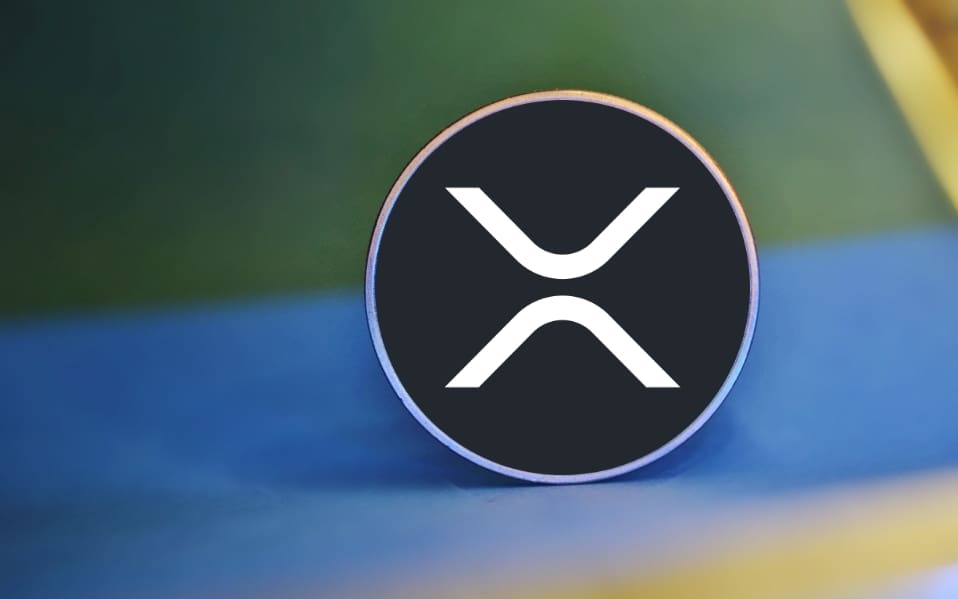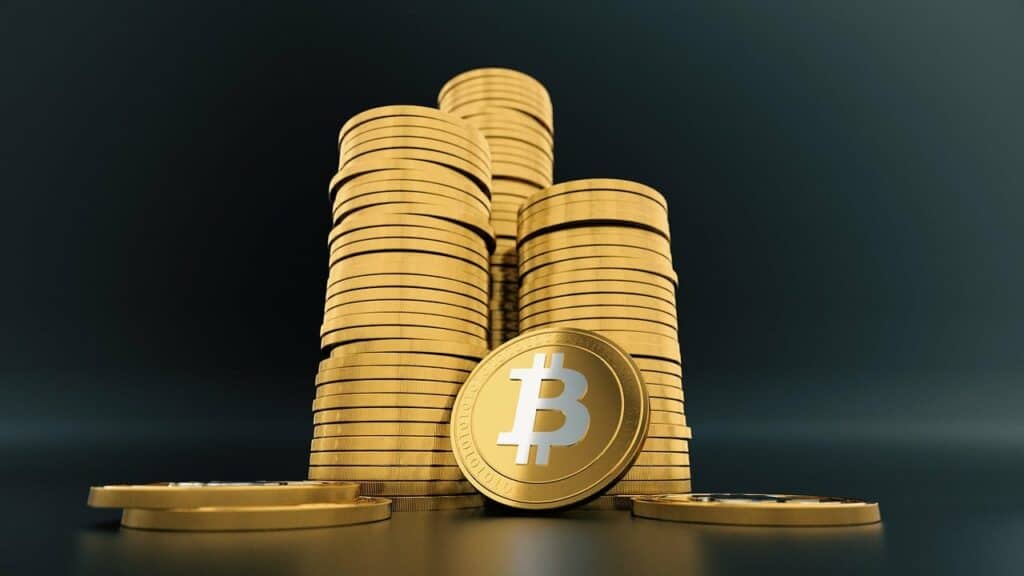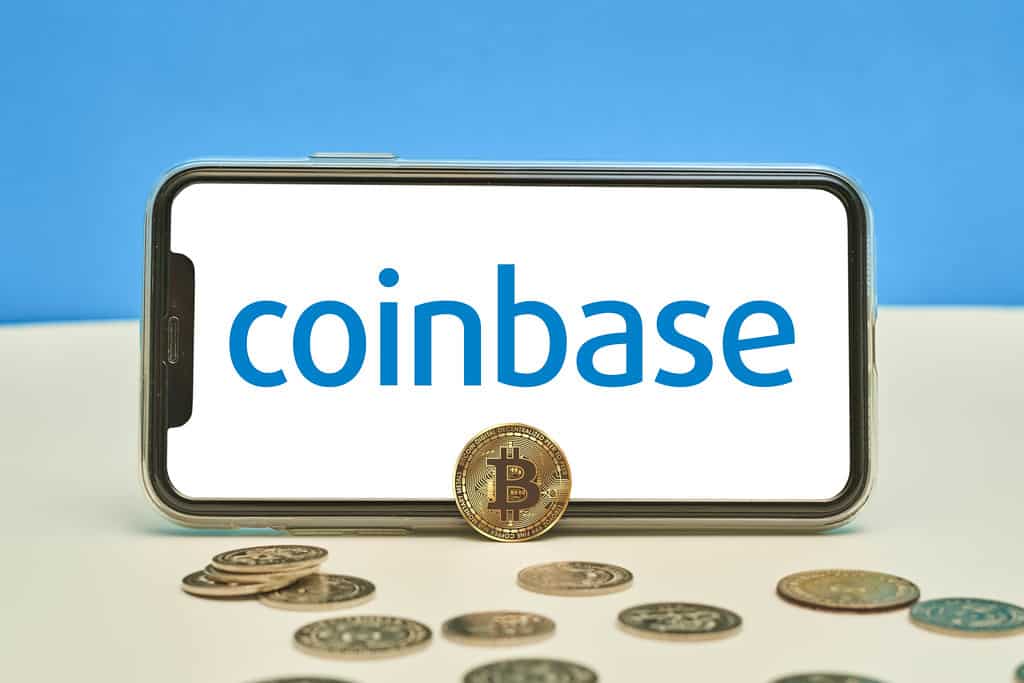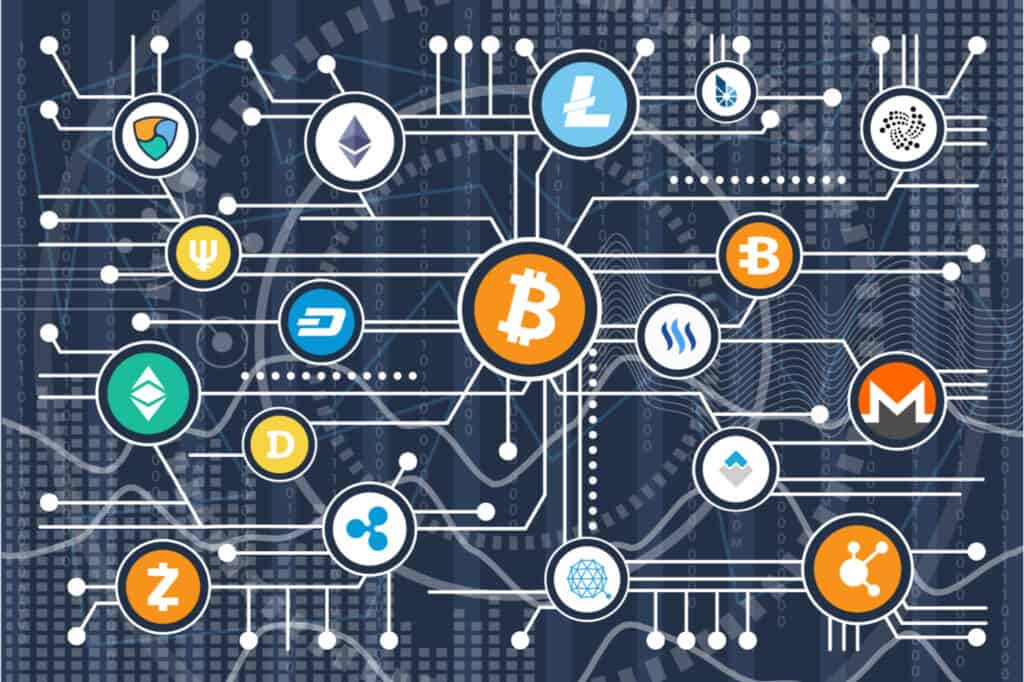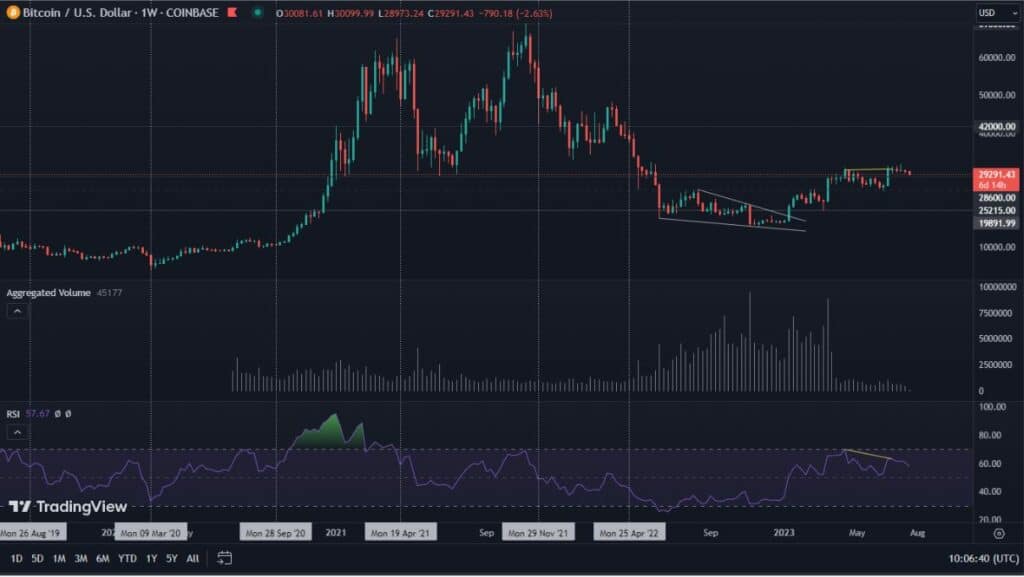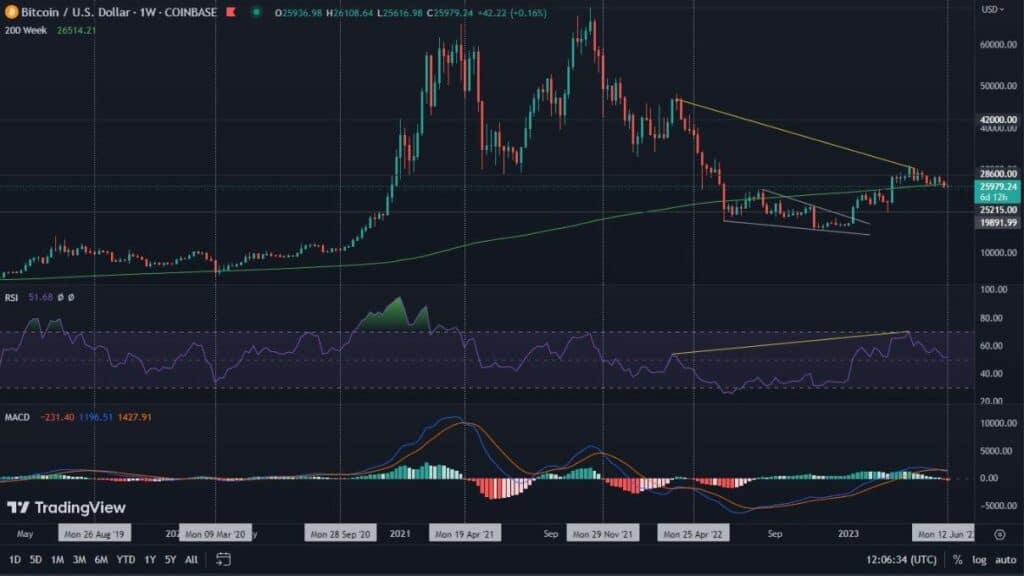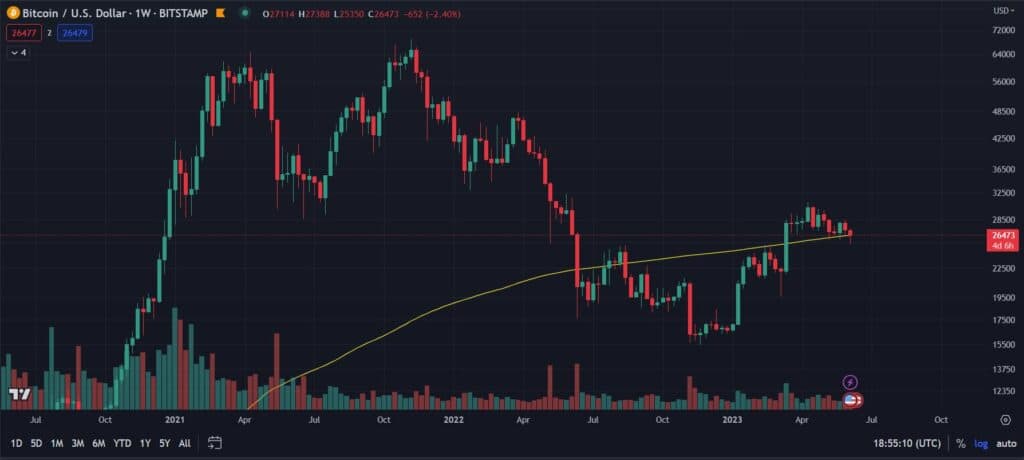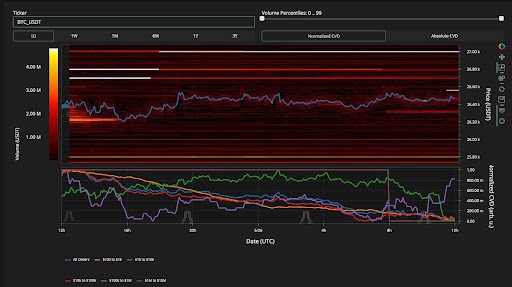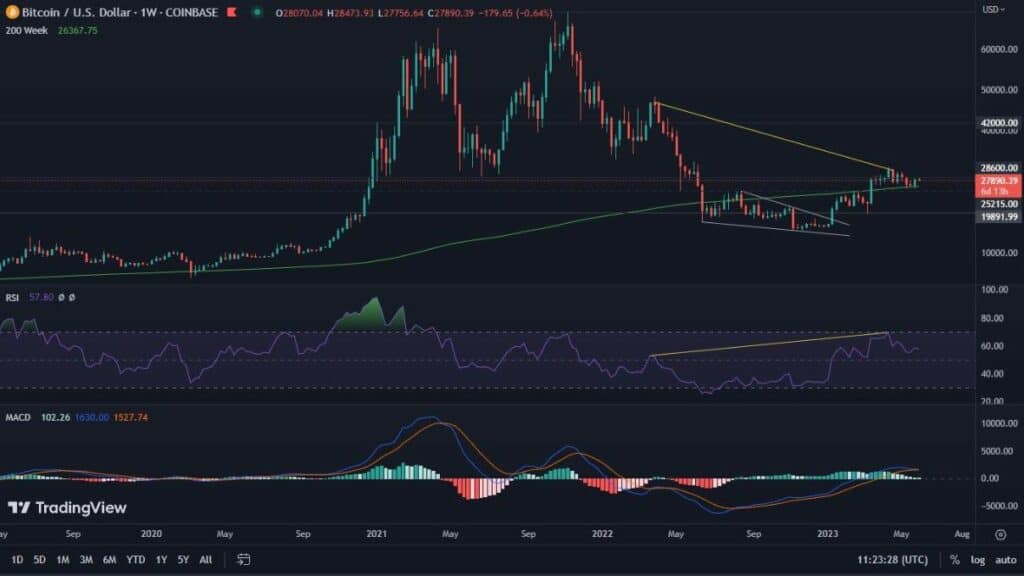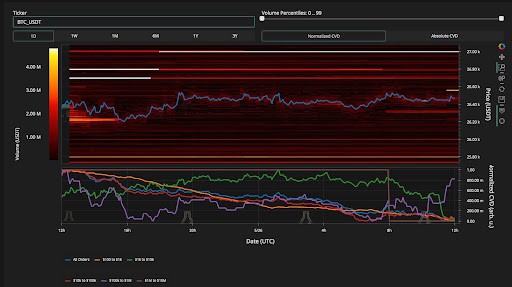The BNB Network is back online. Earlier, it was suspended due to an exploit. We explain what exactly happened.
BNB stabilized
According to announcements made by BNB Chain representatives on Twitter, the network’s functioning has returned to normal. As we read on Friday, October 7:
📢BNB Smart Chain (BSC) is running ok from 20+ mins ago.
— BNB Chain (@BNBCHAIN) October 7, 2022
The validators are confirming their status and the community infrastructure are upgrading as well.
“BNB Smart Chain (BSC) has been operating properly for more than 20 minutes. Validators confirm their status, and the community infrastructure is also upgrading.”
A little earlier the same profile pointed out the need for an upgrade. It was one that was intended to stabilize the situation and increase security:
Update📢 BSC validators are coordinating to bring back BNB Smart Chain (BSC) in an hour with the latest release https://t.co/d2gIsRlGDC
— BNB Chain (@BNBCHAIN) October 7, 2022
It includes:
1.Stopping hacker accounts from acting
1/2
“BSC validators are coordinating to restore BNB Smart Chain (BSC) with the latest version v1.1.15 within the hour.
It includes:
1. disabling hacker accounts,
2. native communication between BNB Beacon Chain and BNB Smart Chain will be disabled.
We ask that everyone running nodes try to upgrade to the version listed above.
Validators and communities will discuss further updates to fully resolve the situation.”
CZ comments and reassures
In the wake of the confusion the CEO of the Binance exchange, Changpeng Zhao also took to Twitter to explain the situation. He posted a tweet in which he informs:
An exploit on a cross-chain bridge, BSC Token Hub, resulted in extra BNB. We have asked all validators to temporarily suspend BSC. The issue is contained now. Your funds are safe. We apologize for the inconvenience and will provide further updates accordingly.
— CZ 🔶 Binance (@cz_binance) October 6, 2022
“An exploit on the inter-chain bridge, BSC Token Hub, resulted in the creation of additional BNBs. We have asked all validators to temporarily suspend BSC. The problem is now under control. Your funds are safe. We apologize for the inconvenience and will provide further updates accordingly.”
As it turns out initial estimates of the compromised funds ran as high as $100 million. However, after several hours network representatives reassured that the amount was not that high. Final estimates already spoke of $70-80 million. The equivalent of $7 million, in turn, was to be effectively frozen.
Hacker in the eye of the community
The cross-chain bridge hack caused the issue to receive a lot of coverage. The community on Twitter began tracking the transaction. Some users estimate that the hack may be in possession of as much as $400 million in assets frozen in BNB Chain.
Tether representatives also showed vigilance and soon after reported that the wallet address belonging to the attacker had been blacklisted. Meanwhile, the hack itself took place just a few weeks after the launch of AvengerDAO. The tool was designed to combat fraud and malware. One of its main tasks was precisely to prevent exploits.




